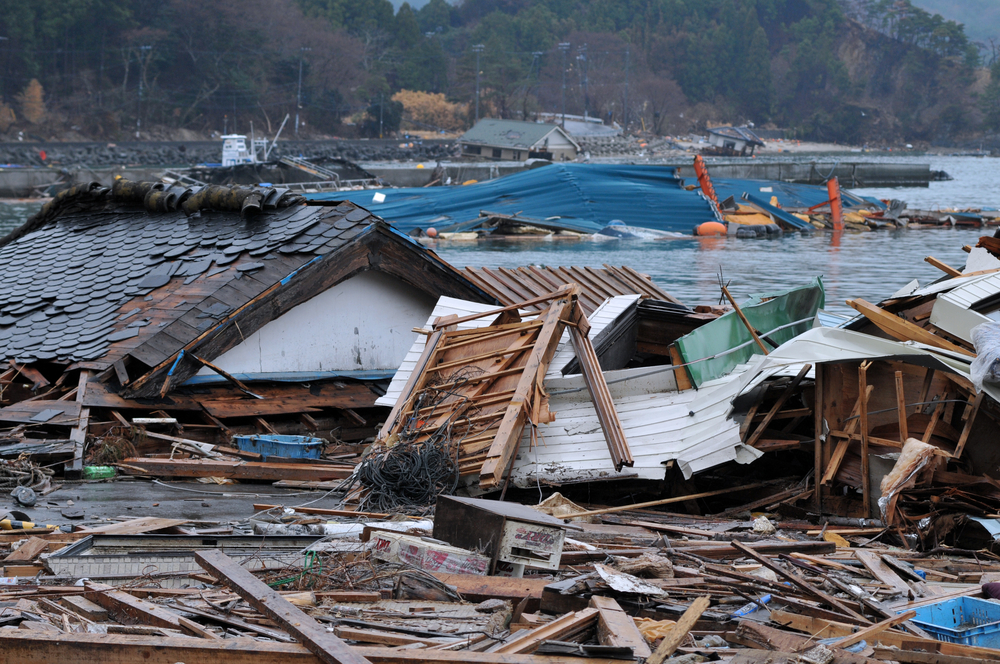In March 2011, Japan experienced the most powerful earthquake in its recorded history, followed by a devastating tsunami. The Tohoku tsunami produced waves reaching heights of 40 meters (132 feet) and resulted in over 15,500 fatalities. More than 450,000 people were displaced due to the floods, and the destruction extended to infrastructure across the nation, including the meltdown of three nuclear reactors at the Fukushima Daiichi Nuclear Power Plant, which forced even more individuals and businesses to evacuate.
The aftermath of this disaster continues to affect people today, and with countless lives and homes lost, the emotional scars of the survivors may never fully heal. Here are just a few of the many stories.
Diving Ever Since the 2011 Tsunami
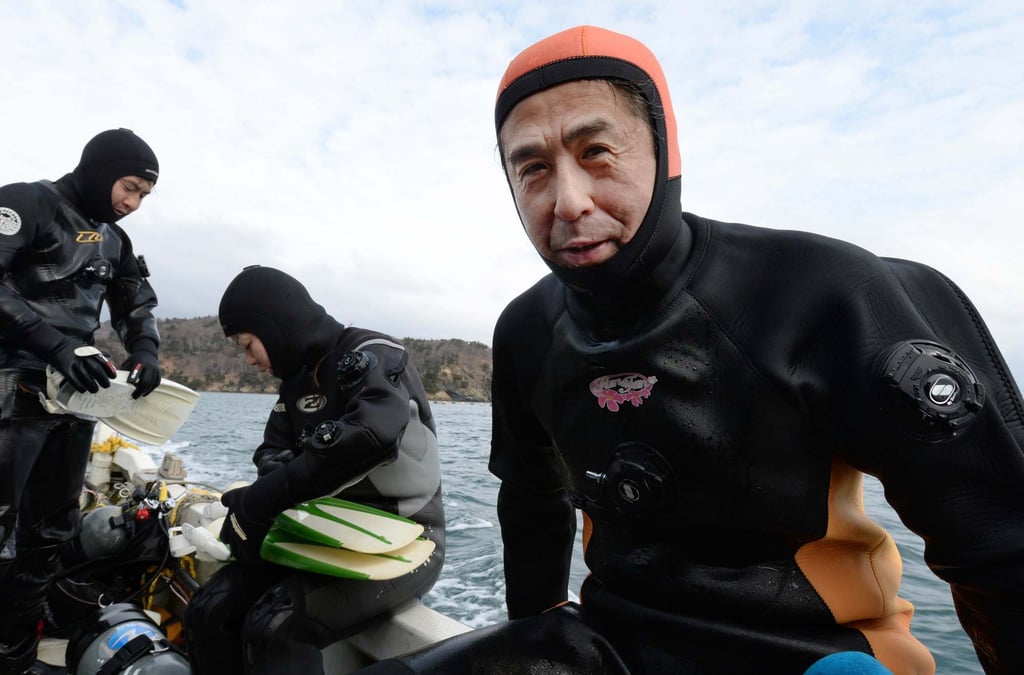
Yasuo Takamatsu lost his wife, Yuko, during the catastrophic tsunami in March 2011. Less than two years later, he obtained a high-level diving license that permits him to conduct underwater searches and cleanups. Since the authorities had not recovered his wife’s body, he resolved to undertake the search himself.
The couple married in 1988 and had two children, both of whom survived the tsunami. At the time of the disaster, Yuko was working at a bank. Her employer instructed employees to go to the roof for safety, but the building was too short to withstand the enormous wave. Her last message to Yasuo stated: “Are you alright? I want to go home.”
“She told him to survive…”
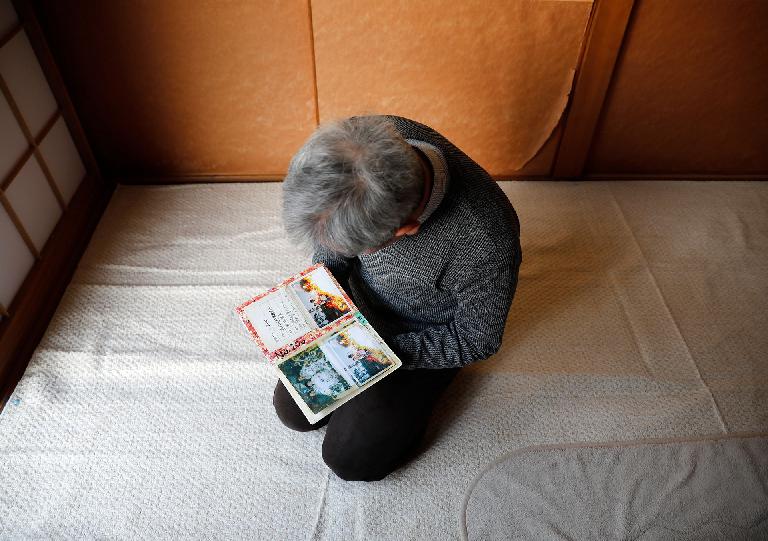
Yoshihito Sasaki, 70, lost his home to the tsunami. He served as a principal at an elementary school. After ensuring the safety of his students and confirming that one of his sons was alive, he began searching for his wife and younger son. Tragically, his 28-year-old son Jinya was a “hikikomori” (recluse) who had stayed home during the disaster. He had hoped that his wife, Mikiko, had survived, so he searched through all the evacuation centers. It took weeks for responders to recover her body.
He later discovered that Mikiko had tried to persuade Jinya to leave, but he refused to see anyone. Mikiko managed to escape to a neighbor’s roof with their elder son, Yoichi, but both were eventually swept away. “I asked my son what my wife said to him at the end,” Sasaki recalled. The last time Yoichi saw his mother, she was clinging to debris and calling out to him. “He told me that she was screaming for him to live. She told him to survive.” Yoichi drifted on wreckage for hours before being rescued.
A Lawsuit Against a School
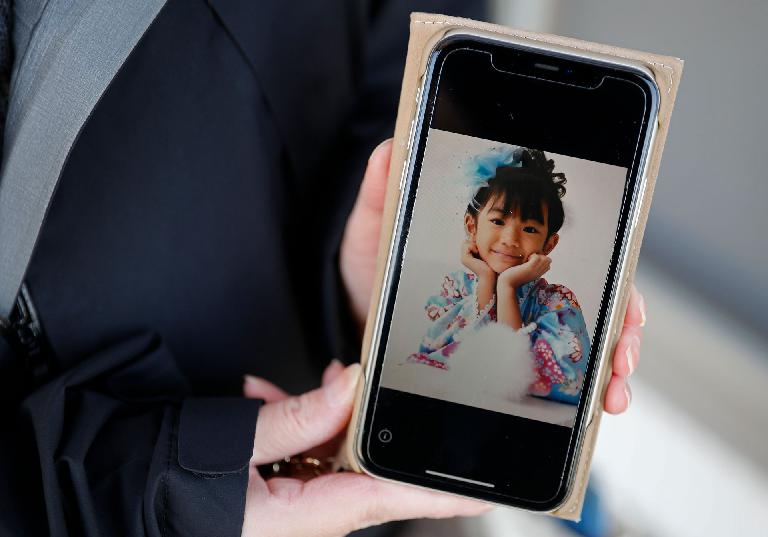
Yairi Sato was a kindergartener who tragically lost her life in the 2011 tsunami while she was at school. At the time of the earthquake, the teachers placed her and four other students on a bus that took them closer to the coast. After three days of searching, Mika Sato discovered her daughter’s remains. The parents were all looking for their missing children amid the debris, which included the burned remnants of the school bus. “By the time we found them, all that was left of her was as small as a baby,” said Sato. “We were so afraid the wind would blow them away.”
“I’ll be waiting for you”
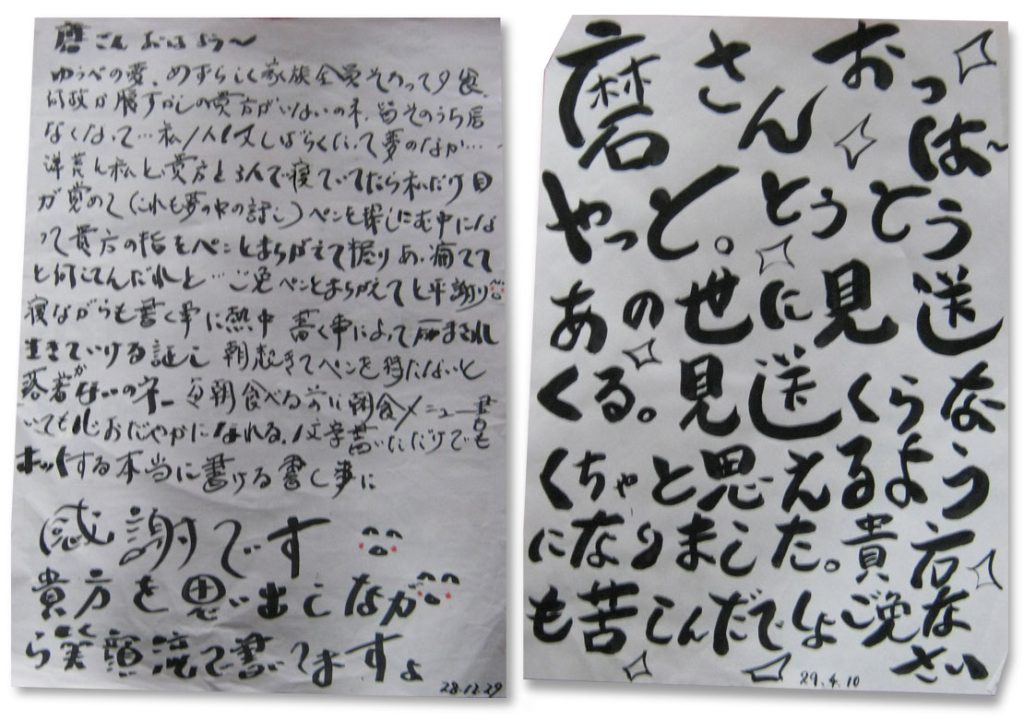
Migaku Kumagai, 71, went missing during the tsunami. Three months later, his wife, Sachiko, began writing letters to him. She has penned hundreds of these letters, often detailing the weather, the breakfast she prepared for him, and asking about his whereabouts. At times, she writes as if from Migaku’s perspective, offering herself encouragement: “Mama-chan, I won’t be able to return even if you keep brooding over it… I’ll be waiting for you, you can do it, you can.”
Saved By Debris
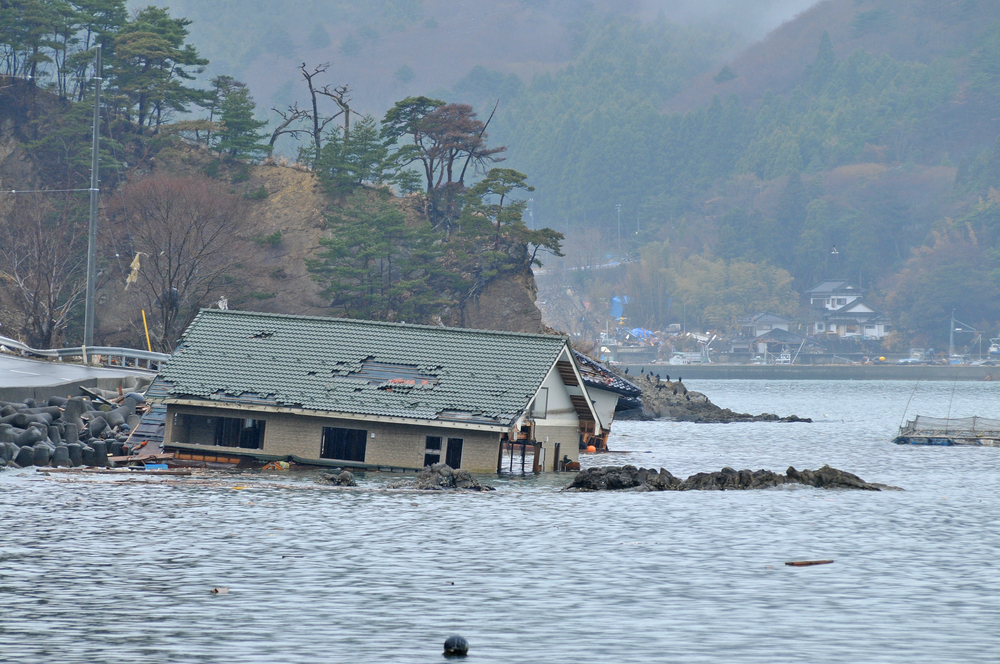
Saving Himself and Others
